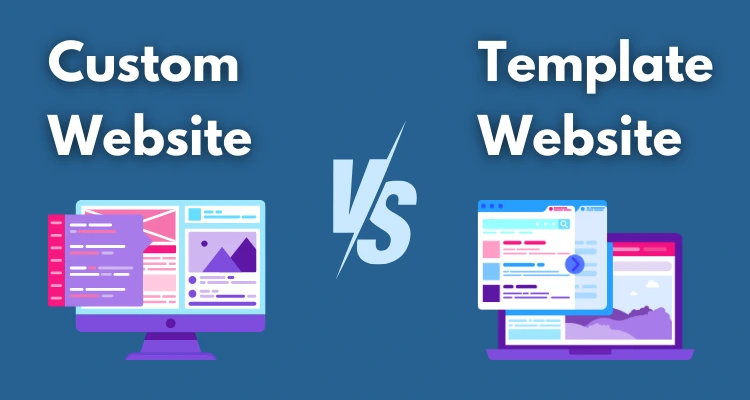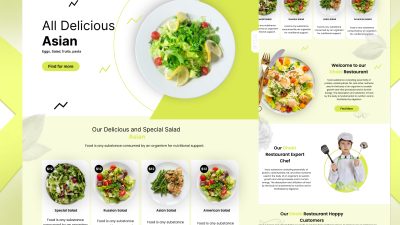Introduction
In today’s digital-first world, your website is often the first impression potential customers have of your business. Whether you’re launching a startup, rebranding an existing company, or expanding your online presence, one of the most critical decisions you’ll face is: Should you go for a Custom vs Template Websites design?
This blog explores the pros and cons of both approaches, helping you determine which is the best fit for your business goals, budget, and timeline.
1. Understanding the Basics
What Is a Template Website?
A template website is built using pre-designed layouts and structures. Platforms like WordPress, Wix, Squarespace, and Shopify offer thousands of templates that can be customized to a certain extent. These are ideal for businesses that need a quick, cost-effective solution.
What Is a Custom Website?
A custom website is designed and developed from scratch, tailored specifically to your brand, functionality needs, and user experience goals. It involves collaboration with web designers and developers to create a unique digital presence.
2. Key Differences at a Glance
| Feature | Template Website | Custom Website |
|---|---|---|
| Cost | Low to moderate | High |
| Development Time | Quick (days to weeks) | Longer (weeks to months) |
| Design Flexibility | Limited | Unlimited |
| Scalability | Moderate | High |
| Performance Optimization | Basic | Advanced |
| SEO Capabilities | Basic to moderate | Fully customizable |
| Maintenance | Easier, often included | Requires ongoing support |
3. Pros and Cons of Template Websites
✅ Pros
- Affordability: Ideal for startups or small businesses with limited budgets.
- Speed: Launch your site in days, not months.
- Ease of Use: Drag-and-drop builders make it accessible to non-tech users.
- Pre-Built Features: Includes galleries, contact forms, e-commerce tools, etc.
- Support & Community: Large user bases mean more tutorials and forums.
❌ Cons
- Limited Customization: You’re confined to the template’s structure.
- Generic Design: Your site may look similar to others using the same template.
- Performance Issues: Templates can be bloated with unnecessary code.
- Scalability Challenges: Difficult to expand or integrate complex features.
- SEO Limitations: Some templates aren’t optimized for search engines.
4. Pros and Cons of Custom Websites
✅ Pros
- Unique Branding: Stand out with a design that reflects your brand identity.
- Tailored Functionality: Build features specific to your business needs.
- Better Performance: Clean, optimized code improves speed and UX.
- Scalable Architecture: Easily grow and adapt your site over time.
- Advanced SEO: Full control over on-page and technical SEO elements.
❌ Cons
- Higher Cost: Custom development can be expensive.
- Longer Timeline: Requires more planning, design, and testing.
- Requires Expertise: You’ll need to hire professionals or an agency.
- Ongoing Maintenance: Updates, security, and bug fixes need attention.
5. When to Choose a Template Website
A template website is a great choice if:
- You’re a startup or solopreneur with a tight budget.
- You need a portfolio, blog, or basic business site.
- You want to launch quickly and test your idea.
- You don’t require complex features or integrations.
- You’re comfortable with DIY website builders.
Examples:
- Freelancers
- Local service providers
- Bloggers
- Small e-commerce shops
6. When to Choose a Custom Website
A custom website is ideal if:
- You’re an established business looking to scale.
- You need unique features like booking systems, dashboards, or APIs.
- You want to differentiate your brand in a competitive market.
- You prioritize performance, SEO, and user experience.
- You have the budget and timeline to invest in quality.
Examples:
- SaaS companies
- Large e-commerce platforms
- Educational institutions
- Enterprises with complex workflows

7. Cost Comparison
Template Website Costs
- Domain & Hosting: $50–$150/year
- Template: Free–$200 (one-time)
- Builder Subscription: $10–$50/month
- Optional Add-ons: $100–$500/year
Total (Year 1): $200–$1,000+
Custom Website Costs
- Domain & Hosting: $100–$300/year
- Design & Development: $2,000–$20,000+
- CMS Integration: $500–$5,000
Conclusion: Making the Right Choice for Your Business
Choosing between a custom and a template website ultimately depends on your business’s unique needs, goals, and resources. Template websites offer a fast, affordable, and user-friendly solution for businesses that need to get online quickly without heavy investment. They’re perfect for startups, freelancers, and small businesses with straightforward requirements.
On the other hand, custom websites provide unmatched flexibility, scalability, and performance. They’re ideal for businesses that want to stand out, offer complex functionality, or scale rapidly. While the upfront cost and development time are higher, the long-term benefits—like improved user experience, SEO, and brand identity—can be substantial.





